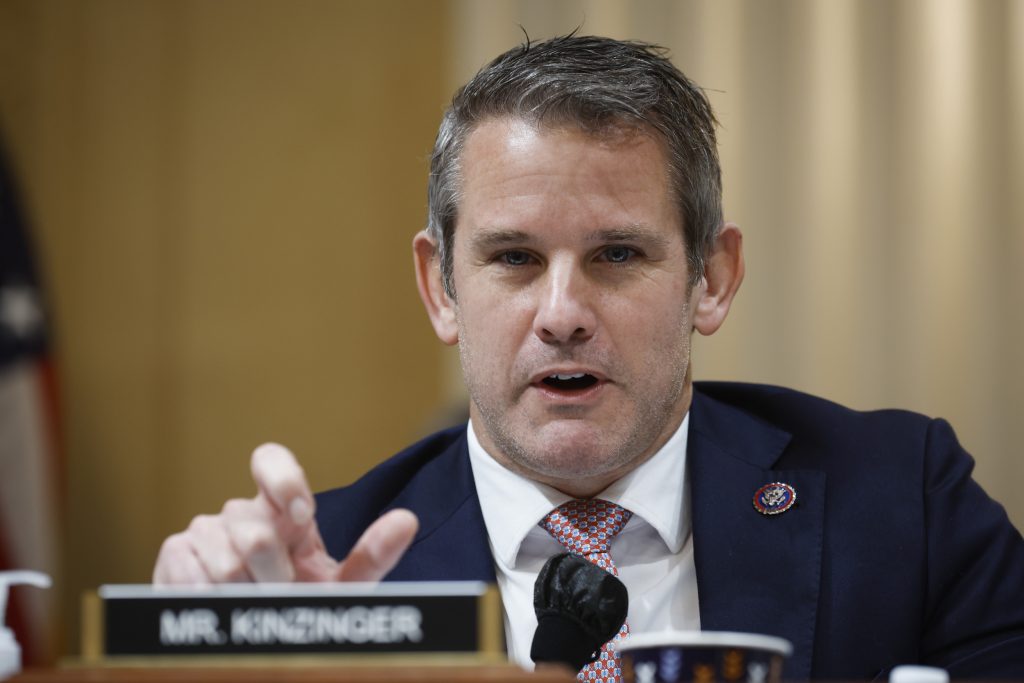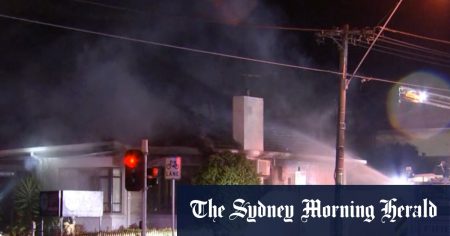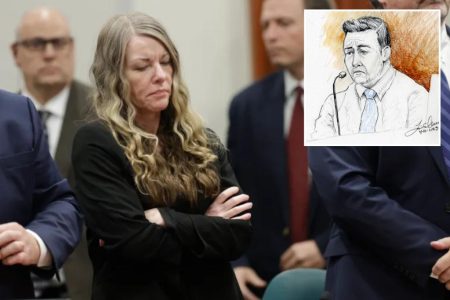The clash between former President Donald Trump and members of the now-disbanded January 6th committee has escalated, with Trump calling for the imprisonment of committee members and former Congressman Adam Kinzinger defiantly responding, “Bring it on.” This latest exchange underscores the deep political divisions that continue to permeate American society, with Trump maintaining his claims of persecution and Kinzinger staunchly defending the committee’s work. Trump’s accusations stem from his belief that the committee unfairly targeted him, while Kinzinger argues that the committee’s efforts were crucial in upholding democracy and exposing Trump’s role in the events of January 6th.
Trump’s call for jailing committee members is not an isolated incident. He has previously voiced his animosity towards the committee, accusing them of treason and spreading lies. His recent comments to NBC, reiterating his desire to see committee members imprisoned, fueled the ongoing feud. This aggressive stance is consistent with Trump’s pattern of attacking those he perceives as adversaries, further polarizing the political landscape and raising concerns about the potential erosion of democratic norms. His insistence on his own innocence in the face of the committee’s findings has solidified the divide between his supporters and those who hold him responsible for the events of January 6th.
Kinzinger, who served on the January 6th committee alongside Liz Cheney, has emerged as a vocal critic of Trump and his actions. He voted to impeach Trump for inciting the insurrection and has consistently challenged the former president’s narrative. His defiant response to Trump’s threats underscores his unwavering commitment to holding Trump accountable and defending the integrity of the democratic process. Kinzinger’s departure from the House of Representatives in 2022 did not diminish his willingness to confront Trump, signaling his resolve to continue speaking out against what he sees as a threat to American democracy.
The former congressman’s Substack post directly addressed Trump, accusing him of cowardice, hypocrisy, and a disregard for the rule of law. Kinzinger contrasted Trump’s actions on January 6th, where he remained in the White House while the Capitol was under attack, with his own military service, drawing a sharp distinction between their respective responses to crisis. He further challenged Trump’s attempt to rewrite history, emphasizing the weight of evidence against the former president and asserting that history will vindicate the committee’s work. This pointed rebuke underscores the ongoing struggle to define the legacy of January 6th and determine its implications for the future of American politics.
Liz Cheney, the vice chair of the January 6th committee, echoed Kinzinger’s condemnation of Trump’s statements. She characterized Trump’s call for imprisonment as an assault on the rule of law and the foundations of the republic. Her strong words reflect the committee’s shared conviction that their investigation was essential in upholding democratic principles and holding those responsible for the insurrection accountable. Cheney’s statement, along with Kinzinger’s response, reinforces the message that the committee’s work transcends partisan politics and serves a vital purpose in preserving American democracy.
The ongoing exchange between Trump and members of the January 6th committee highlights the deep fissures within American society. Trump’s continued attacks on the committee and his calls for their imprisonment underscore his refusal to accept responsibility for his role in the events of January 6th. Kinzinger and Cheney’s unwavering defense of their work, in the face of Trump’s threats, demonstrates their commitment to upholding democratic principles and ensuring accountability for those who sought to undermine them. The clash between these opposing forces underscores the ongoing struggle to define the legacy of January 6th and its implications for the future of American politics. The battle lines have been drawn, and the fight for the narrative of January 6th continues.










